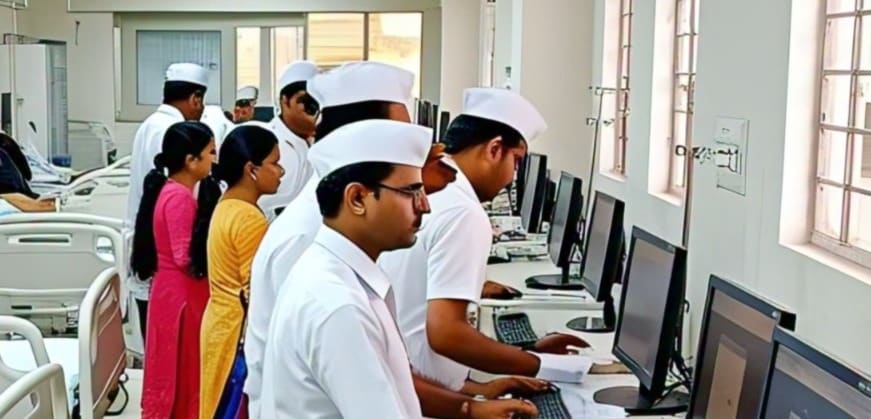After years of legal proceedings, Tahawwur Rana, a critical accused in the 26/11 Mumbai terror attacks, has been extradited from the United States to India.
He arrived in Delhi under tight security arrangements on a special flight, marking a significant step in India’s pursuit of justice for the victims of the 2008 tragedy.
A special flight brought Rana to Delhi under high-security arrangements, marking a significant moment in India’s pursuit of justice.
Rana has been arrested by the The National Investigation Agency (NIA) under the UAPA Act at the Palam Air base in Delhi. NIA has initiated proceedings to present him before the Patiala House Court.
The 26/11 attacks, which claimed the lives of 166 people during a coordinated siege on Mumbai, shocked the world. Rana, a Canadian citizen of Pakistani origin, is believed to have played a logistical and financial role in the operation. His close ties with David Coleman Headley, another key conspirator, placed him at the center of investigations.
Accompanied by Indian intelligence and investigative officials, Rana landed at Delhi’s Palam airport amidst heightened security. Bulletproof vehicles and armed commandos ensured his safe transfer to the National Investigation Agency headquarters. The 64-year-old is set to face trial in a special NIA court in Delhi for charges including waging war against India, murder, forgery, and criminal conspiracy.
India has assured the United States that Rana will be treated fairly and tried strictly for the offenses outlined in the extradition agreement. This development is seen as a major diplomatic achievement for India, emphasizing its determination to bring perpetrators to justice.
Rana’s trial is expected to bring new revelations, highlighting the global nature of terror networks and the importance of international cooperation in combating such threats.





























